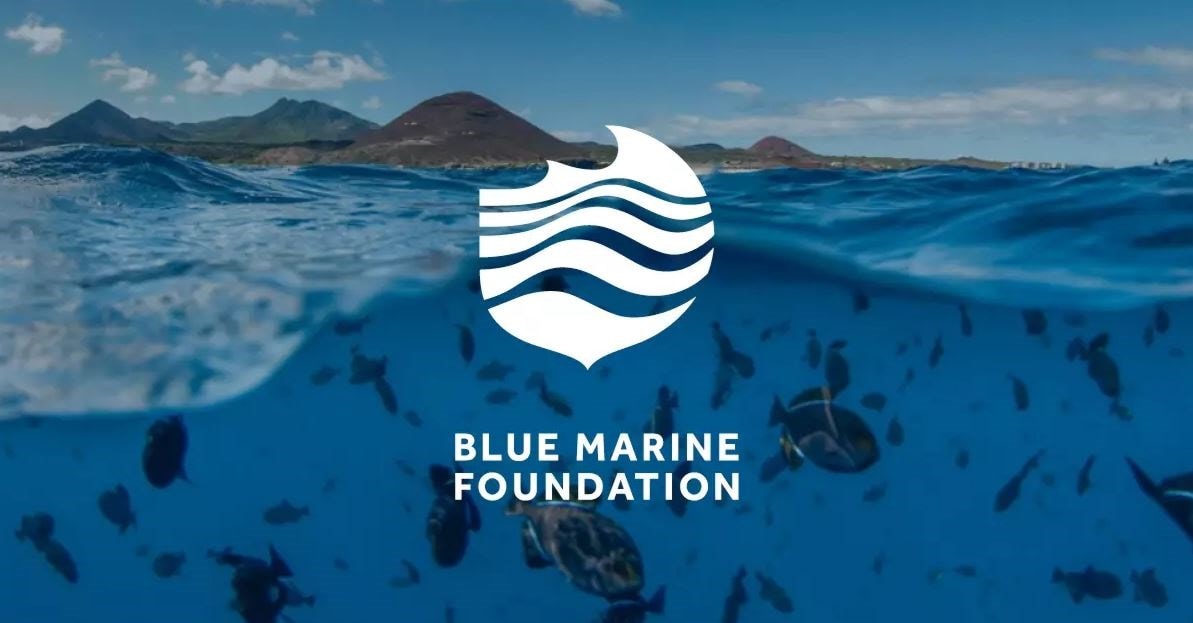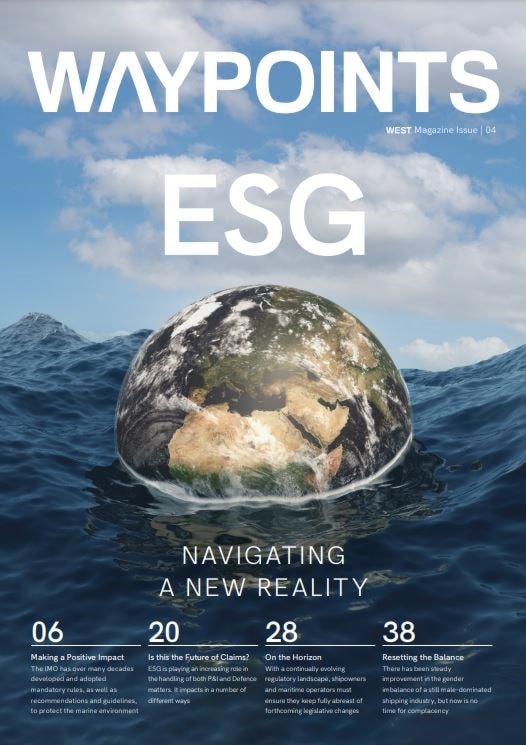Marine Reserve Kickstart - Waypoints Issue 04
Long term support from West will help
Africa’s second largest marine reserve
resume some much-needed forward
momentum thanks to a solid, future proofed
management plan, writes Dr Jude Brown
from Blue Marine Foundation
Namibian Islands Marine Protected Area (NIMPA), is situated along the southwestern coast of Namibia, occupying an area of almost 10,000 km2 of islands and islets offering a fragile pocket of incredible marine biodiversity on Africa’s southwestern flank.
It is Africa’s second largest marine reserve, and in view of the fact that it was set up some years ago in 2009, it should, by rights be well established, properly policed and able to boast some significant milestones by now.
But since 2009, limited staff and budget have been allocated to its development and no management plan was ever ratified. Marine conservation charity Blue Marine is supporting the Namibia Nature Foundation (NNF) to kickstart the revival of this reserve by bringing together stakeholders to agree on a way to leverage funds and resources that will enable the government to prioritise its management for the benefit of Namibia and its people.
Setting up a Marine Protected
Area is a great first step, but a
management plan is the absolutely
critical next step as it sets out
clear tasks from monitoring the
success of conservation activities
to outreaching to environmental
stakeholders and ensuring that any
banned or limited marine activities
are adequately enforced by local
rules and regulations. Without a
robust management plan to back
it up, a Marine Protected Area is
little more than a gesture in the
right direction. The reserve is at
risk of diamond mining, overfishing,
pollution, port development,
untested phosphate extraction
and even live marine mammal
harvesting
With this in mind, Blue Marine Foundation began to invite offers for industry partners willing to donate to help finance our work in Namibia, with a keen focus on targeting funding to setting up a management MARINE plan for NIMPA.
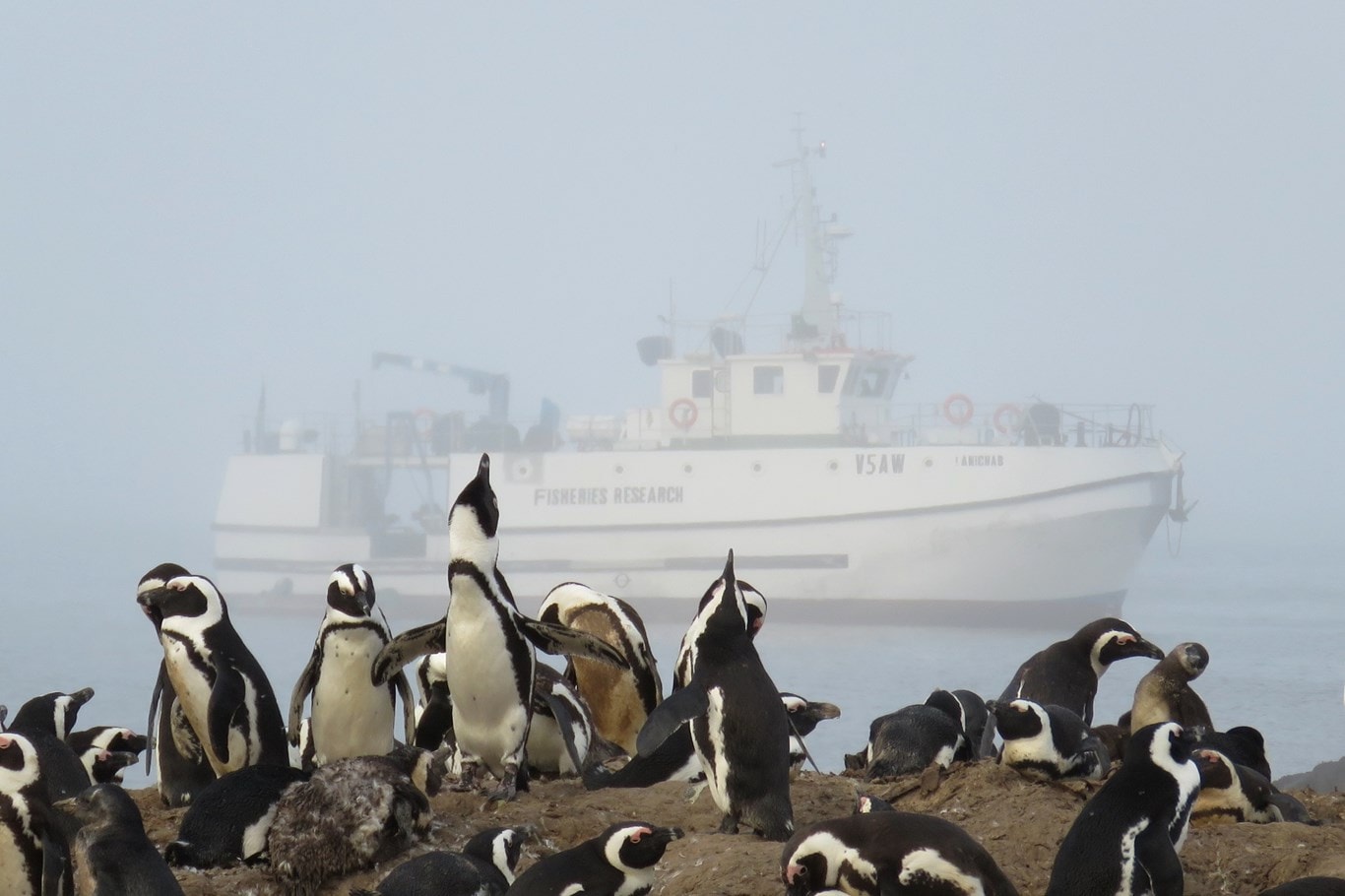
MFMR monitoring survey at Halifax Island, taken by Dr. Jessica Kemper
We found a great fit with West, and signed an agreement with them in 2020 not least because their generous donation was to be spread over the next 10 years. As a charity, while we are always grateful for any sources of funding we can get, we can achieve so much more when a long-term regular donation such as this one is established.
Thanks to West, we can now start to establish baseline data on cetacean sightings and strandings or breeding pairs of species of concern such as the African Penguin, Damara Tern and Cape Cormorant.
Measurement is always a cornerstone activity of a management plan because if we do not know the numbers, and know them accurately, it can be difficult to know where future efforts should be directed. West’s first donation has already funded one report on baseline monitoring, with much more in the pipeline.
Blue Marine has partnered with the NNF to ensure that this incredible area is managed sustainably and that it receives the protection it so badly needs. The NIMPA boasts the highest variety of habitats found anywhere along the coast, including lagoons, wetlands, salt pans, rocky shores, reefs, sandy beaches, kelp beds and several small islands.
These
islands are used as breeding
grounds for almost all of
Namibia’s population of the
globally endangered Cape
cormorants, the locally critically
endangered Cape gannets and
the endangered African penguins.
The NIMPA is also home to
endemic dolphins, six different
species of whale and almost 70%
of the global population of Cape
fur seals.
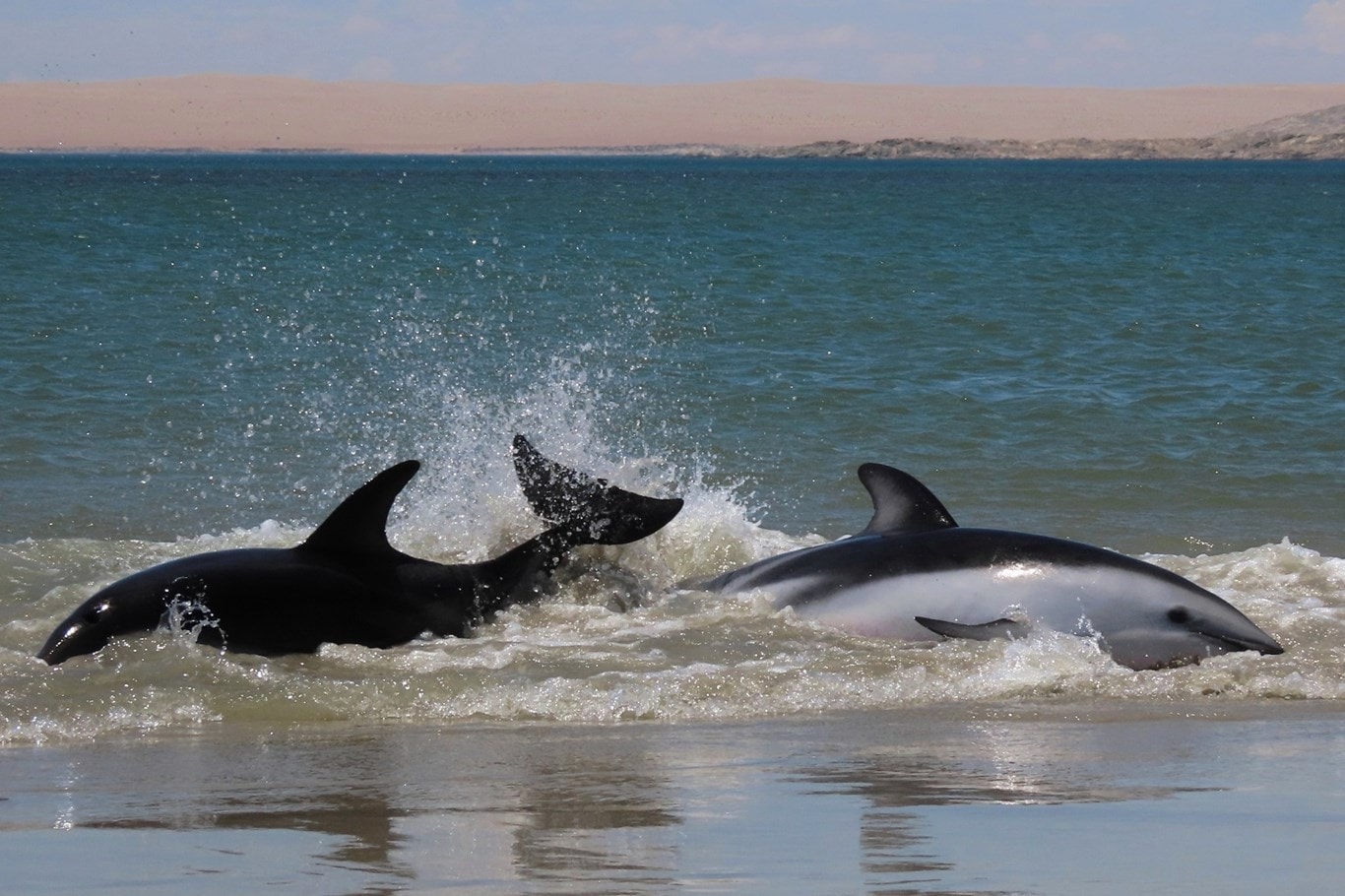
Stranded Dusky Dolphins shortly before rescue at Shearwater Bay, taken by Dr Jessica Kemper
West was delighted to announce in 2020 that it had agreed to donate £100,000 spread over 10 years to support Blue Marine’s Namibian project, working with the Namibia Nature Foundation to develop a management plan for the Namibian Islands Marine Protected Area.
This management plan will attract additional resources and help it reach its’ full potential as a marine reserve where species can recover in a protected environment. Blue Marine’s overarching mission is to see at least 30% of the world’s ocean under effective protection by 2030 and the other 70% managed in a responsible way. Within its 2020-2030 charity programme, West has also chosen to support The Sailors Society and National Oceanography Centre.
Click here for more information about Blue Marine Foundation
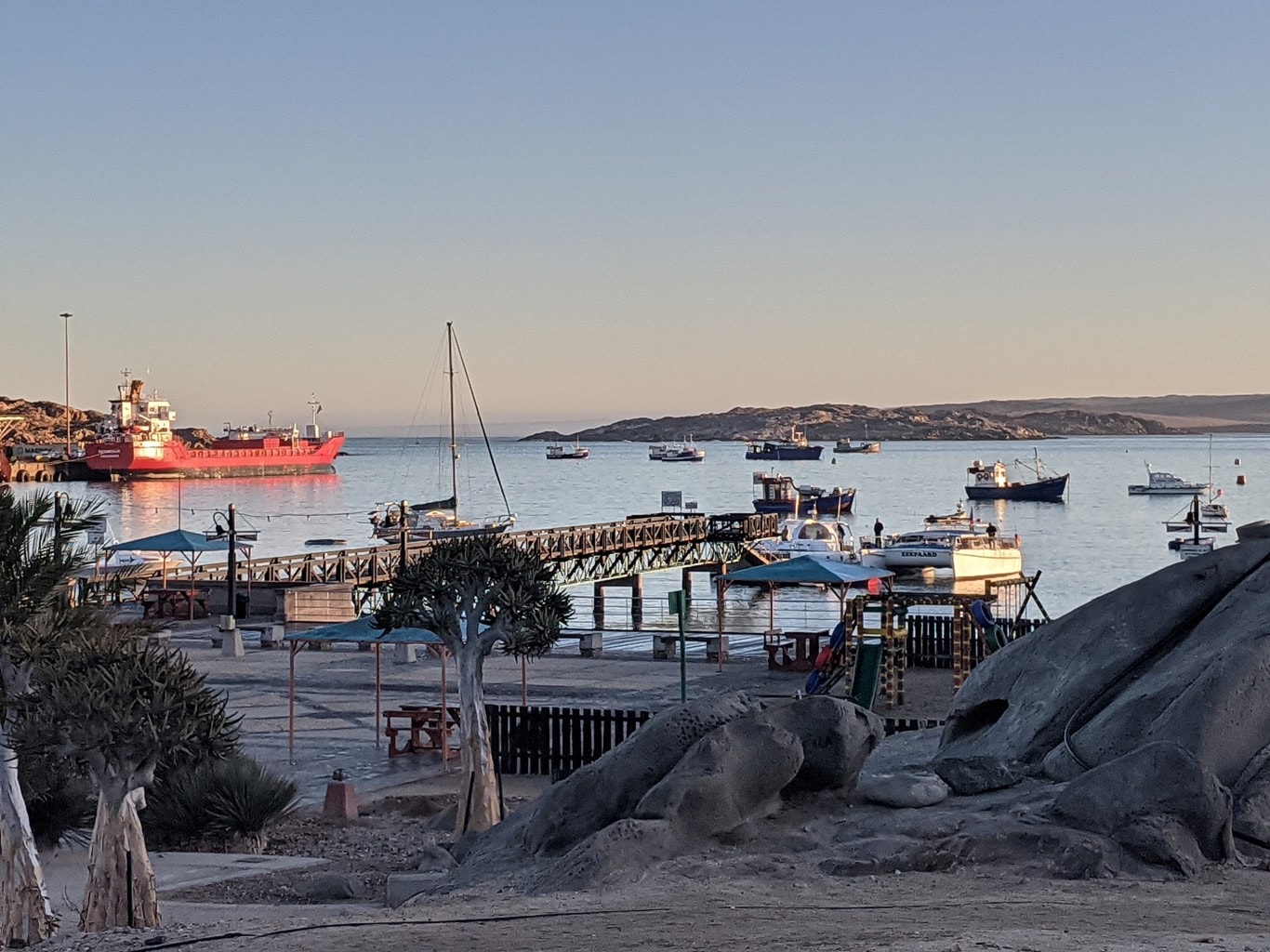
Namibian coastline, captured by Dr Jude Brown
Blue Marine Foundation is experienced in working with local stakeholders all over the world, and in Namibia we have in the shape of the NNF a motivated local NGO partner. This is an important factor, as Namibia is a poor country where local communities rely on fishing to feed the population. A wellpoliced management plan can help protect fish stocks for local populations if it prevents foreign factory trawlers from taking their fish, and the local government fisheries department and local NGO are working with local fishers to ensure sustainable local fishing activities.
Part of West’s funding will go towards research concerning, and meetings with, national and local government and stakeholders. Part of the funding will provide the data we can use to demonstrate viable options for protecting the marine environment alongside supporting local livelihoods. Namibia’s coastline is an area of outstanding marine biodiversity, and with backing from partners like West we can work together to ensure its future.

